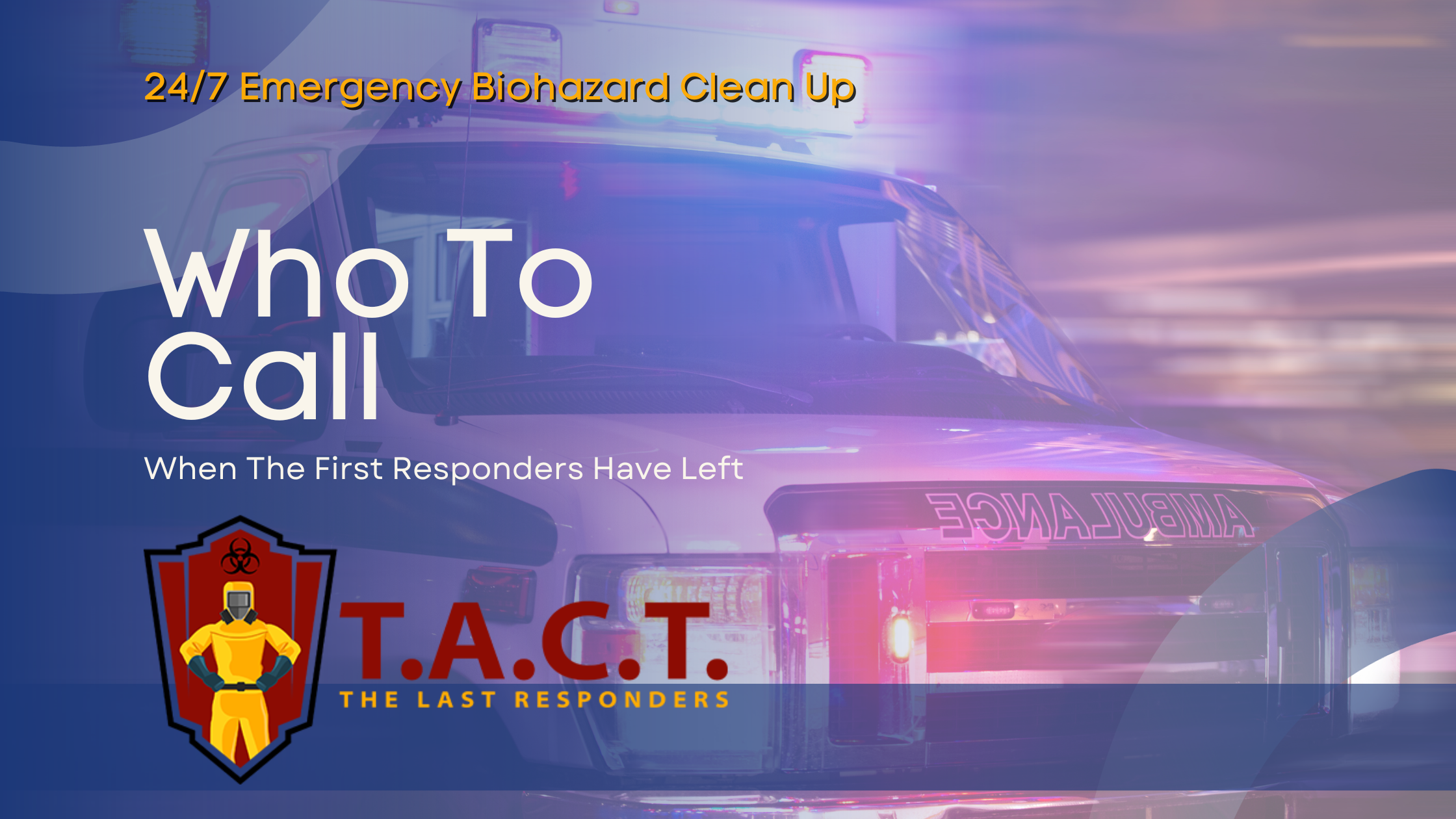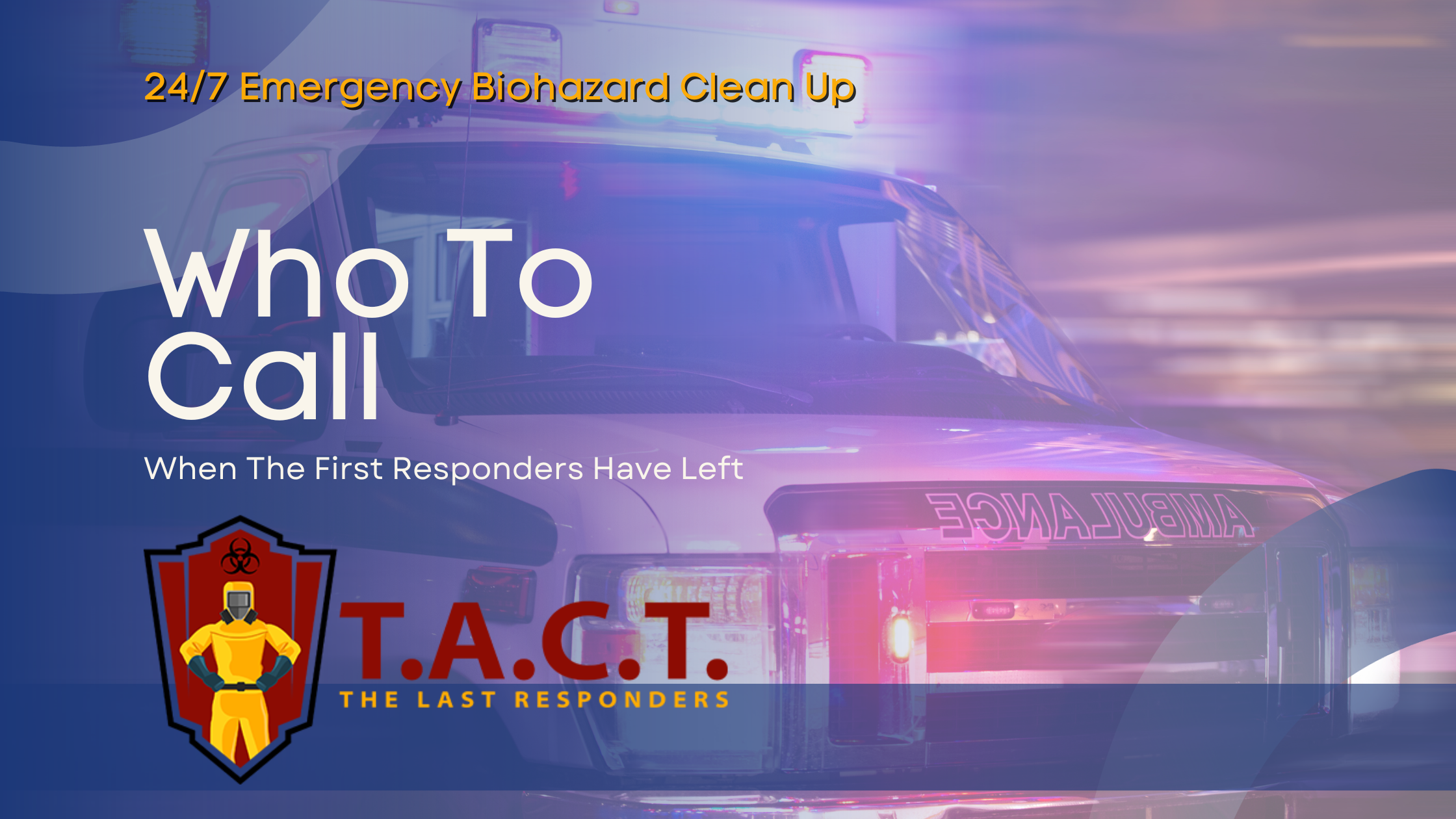Deceased clean up
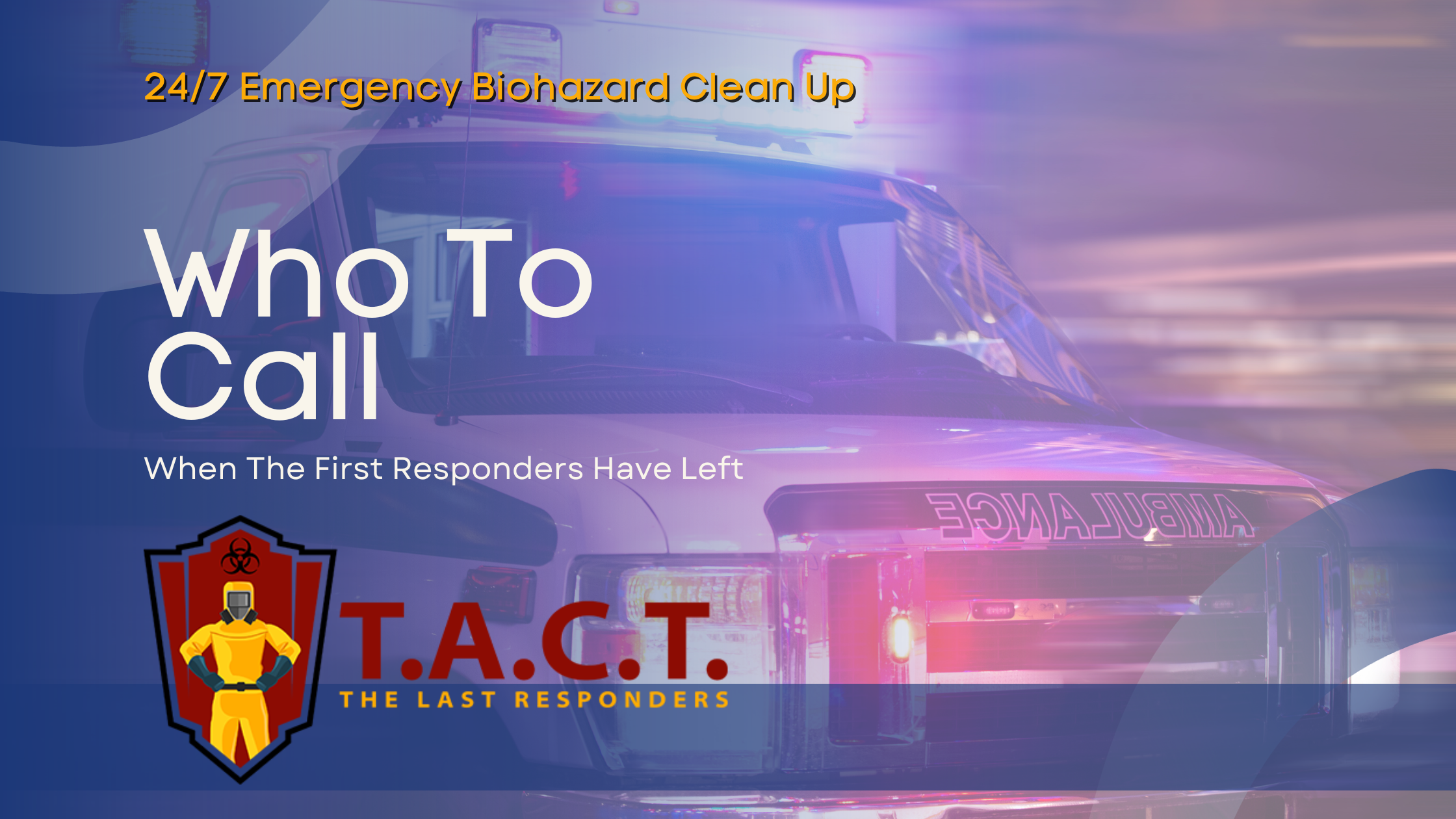
Effective Tips for Deceased Clean Up After a Loved One Passes
Deceased clean up is about making a space safe after someone dies. This guide provides key steps and tips to handle the process and highlights the importance of professional help.
Key Takeaways
Professional deceased cleanup services are essential for safely handling biohazardous materials and ensuring thorough sanitation after an unattended death.
Immediate steps, like notifying relevant parties and securing the deceased’s home, are crucial during the initial hours after a loved one passes.
Choosing the right cleanup service involves verifying certifications, seeking recommendations, and ensuring prompt availability to mitigate health risks and emotional distress.
Understanding Deceased Clean Up

Cleaning up after a deceased individual poses several challenges, including the difficulty of disinfecting porous surfaces like untreated wood or concrete. The decomposition process releases harmful biological materials and gases that create health risks if not properly addressed. It’s not just about removing visible stains; it’s about ensuring that the space is safe and habitable again.
Standard cleaning methods are often inadequate to address the odors and contamination resulting from decomposition. The presence of a decomposing body impacts nearby materials, necessitating a thorough cleanup to prevent further complications. Thorough after-death cleaning services are necessary when a comprehensive clean-up is needed following an unattended death.
This is where professional clean-up services come in. They bring the necessary expertise and training to handle biohazardous materials safely. Compliance with health regulations ensures safe disposal of biohazardous materials during the cleanup process. Their thorough sanitation and safety measures prevent long-term health hazards and restore peace of mind.
Immediate Steps to Take After a Loved One Passes
When a loved one passes, the first few hours can be overwhelming. Notifying significant contacts, such as the deceased’s employer and community organizations, and arranging services through a funeral home or crematorium are immediate priorities. Understanding probate laws is crucial before starting the clean-up of a deceased estate, as they dictate property management.
Securing the deceased’s home is another immediate step if they lived alone. This includes changing locks if necessary to prevent unauthorized access. Additionally, securing important documents like the Last Will and Testament, insurance policies, and property titles is vital for proper estate management.
While these tasks are vital, taking time to grieve is equally important. Avoid overwhelming yourself with too many tasks at once; remember that services are available 24/7 to help limit contamination and emotional trauma. Lean on family members and relatives during this time to share the burden and support each other with respect.
The Importance of Professional Deceased Clean Up Services
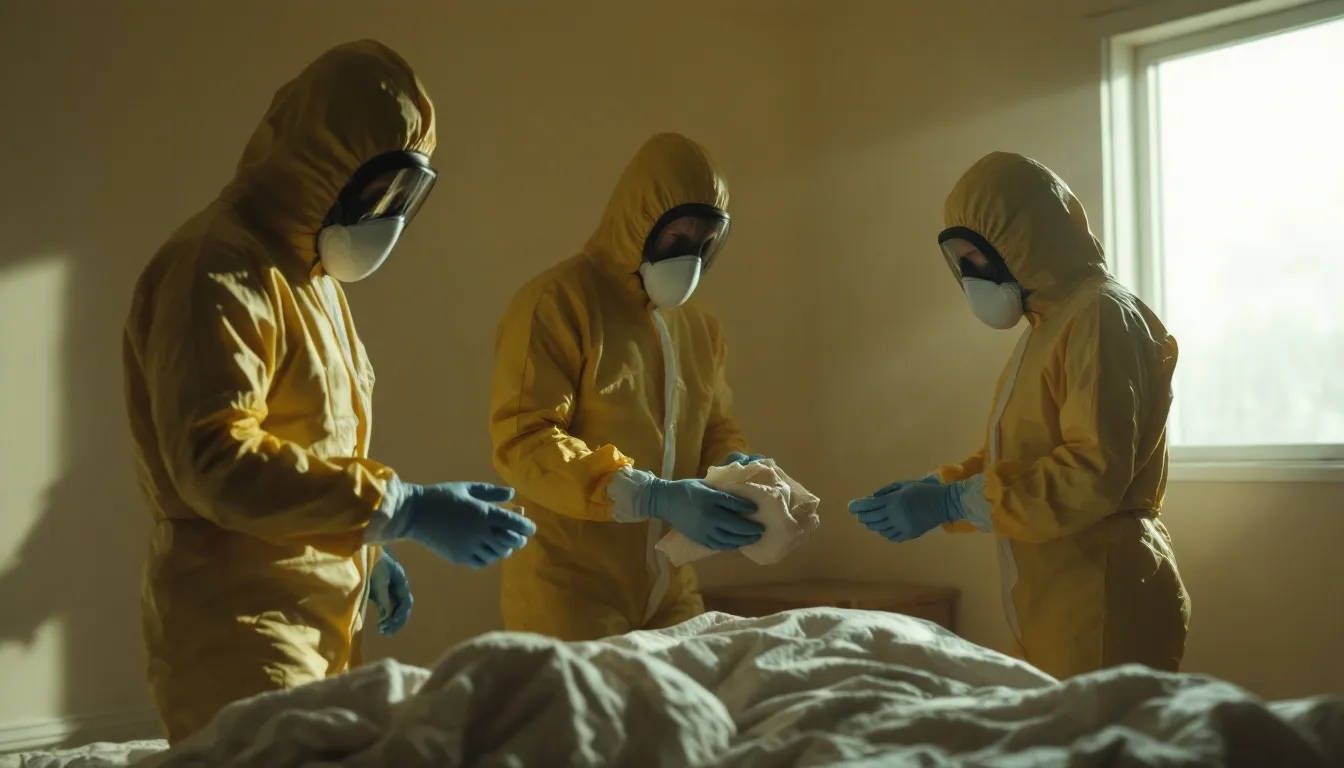
Infectious materials remain dangerous for years if an unattended death is not properly cleaned up. This is why hiring a professional unattended-death cleanup service team is crucial to ensure proper cleanup and safety. Professionals offer compassionate, discrete, and comprehensive cleanup services, making the process less burdensome for bereaved families.
Privately-owned cleanup companies are responsible for cleaning and sanitizing after an unattended death. These professionals conduct a detailed evaluation of the scene to identify specific hazards and the extent of work needed. Their expertise ensures that every biohazard is dealt with effectively, restoring the space to a livable condition.
Engaging a professional team ensures a thorough cleanup and provides the complete emotional relief needed to focus on grieving and healing. The compassionate approach of these professionals makes a significant difference during such a challenging time.
How to Choose the Right Clean Up Service
Selecting the right cleanup service ensures the area is safely cleaned. Verify that the cleanup service holds appropriate certifications for handling hazardous materials, including compliance with OSHA standards. Experience in various types of death cleanups and car accident scenes is essential for a service to provide effective and thorough cleaning.
Recommendations from your network can be invaluable. Failing to ask for recommendations from friends, family, or trusted contacts can lead to relying solely on insurance companies, which may not provide the best options. Ensure the service you hire can safely clean the affected area with the right tools to a high standard, as this can help mitigate any risk. If you hear about a reliable service, it can make a significant difference.
In addition to certifications and recommendations, look for services that are prompt and respond. The availability of 24/7 services is crucial, as immediate cleanup may be necessary to limit contamination and emotional distress.
The Deceased Clean Up Process

The cleanup process after an unattended death includes the removal of biohazards and the restoration of the natural space, especially in cases where crime is involved. The goal is to restore a residence to a living life condition.
The process involves several stages, including the assessment of the site and removal of any hazardous materials.
Initial Assessment
The initial assessment involves urgent actions that family members should take immediately following the death to prepare for the clean-up process. Professionals will enter the scene to identify biohazards, assess the extent of contamination, and evaluate the safety of the environment. Precautions identified during the assessment include wearing protective gear and avoiding direct contact with contaminated areas.
This assessment helps to determine the scope of work necessary to safely and thoroughly clean the affected area. The professional team will resolve the immediate health concerns and ultimately restore the space to a safe condition as part of the project.
Removal of Contaminated Items
Professionals utilize specialized protocols to ensure safe and effective removal of contaminated items. Biohazardous materials must be cleared by professionals who follow strict safety protocols during removal.
The handling of biohazardous materials is critical due to the potential health risks they pose. These materials can include bodily fluids, which carry diseases and must be treated with utmost care. The use of appropriate equipment ensures that the cleaning job is done without compromising safety.
Sanitization and Deodorization
Professional biorecovery teams use commercial-grade cleaning compounds that are effective for biohazard cleanup. Regular household cleaning products are inadequate for decontaminating areas affected by body fluids or decomposition. Industrial-grade cleaning solutions are necessary to ensure safe and thorough decontamination after a death.
Highly concentrated solvents and specialized equipment are employed to resolve odors during the sanitation process. Fluorescence testing and similar procedures are used to confirm that no biological material remains after cleanup.
Effective sanitization and deodorization are crucial to ensuring a safe and healthy space for the future after a loved one passes.
Emotional Support During the Clean Up Process
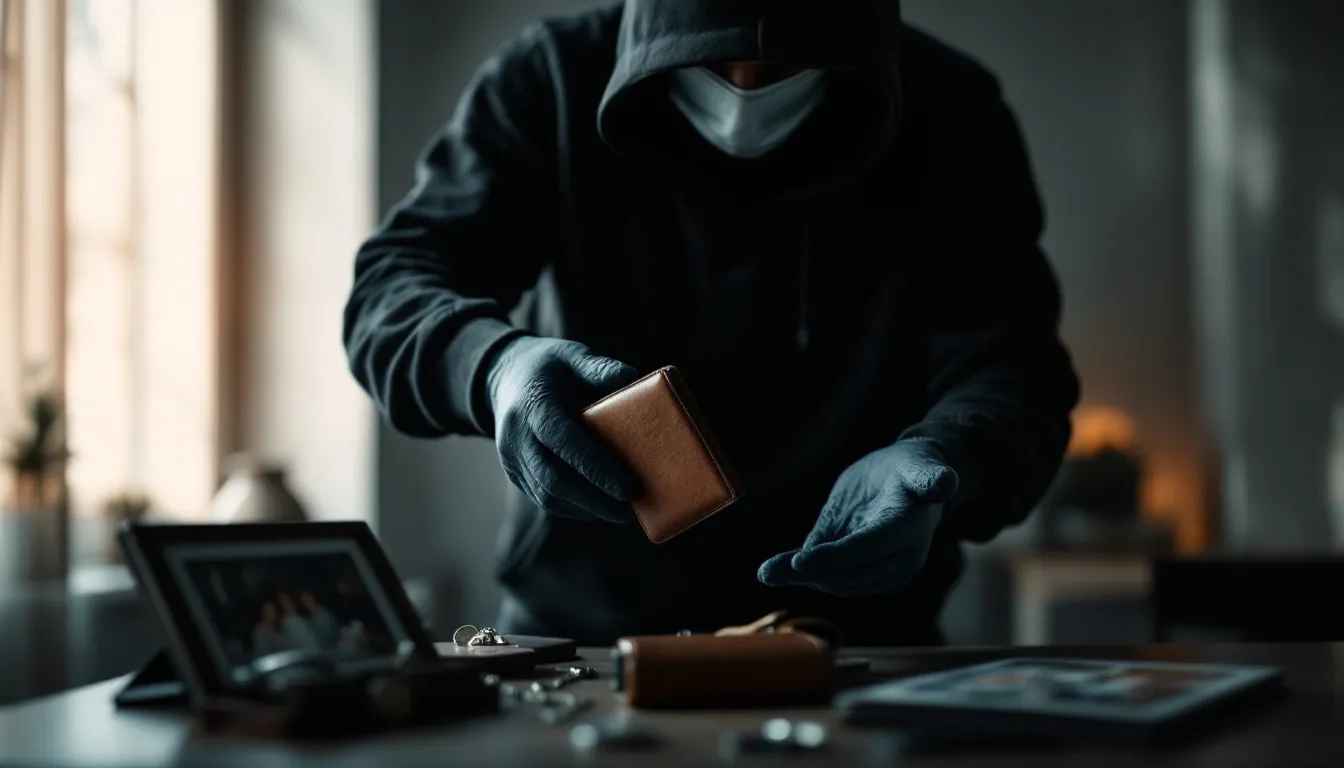
Hiring professionals for cleanup can provide emotional relief, allowing families to focus on their grieving process. A reputable service should demonstrate sensitivity and discretion, showing compassion during difficult circumstances.
Support from friends, relatives, or professional counselors is crucial after experiencing an unattended death. Having friends or family to support during the cleanup can provide crucial emotional relief and companionship. Acknowledging that seeking help is a sign of strength rather than weakness during the grieving process is important.
Managing Sentimental Items and Belongings
Sorting belongings into categories of keep, throw away, sell, and donate can streamline the organizing decluttering process. Starting the sorting process in less sentimental areas, like bathrooms, can help ease the emotional burden.
Trusted friends or family members can provide perspective and support during the decluttering process. Photographing items before donating or discarding them allows you to retain memories without keeping physical possessions. A memory box with select meaningful items helps preserve memories without physical clutter.
It’s important to be patient and allow oneself to grieve while making decisions about personal belongings. If items cannot be sold or donated, they should typically be disposed of to reduce clutter, as this can be an art in itself. It is crucial to accept that some items may need to go.
Legal Considerations and Documentation
A legal declaration of death is often required, usually performed by a doctor or hospice nurse. Multiple copies of the death file certificate are advisable for managing various accounts and claims.
Financial documents, such as the will and insurance policies, should be located promptly for settlement. Notifying the Social Security Administration is important for potential benefits and to prevent identity theft. A court-appointed executor of the estate must handle the forwarding of important mail.
Cost of Professional Deceased Clean Up
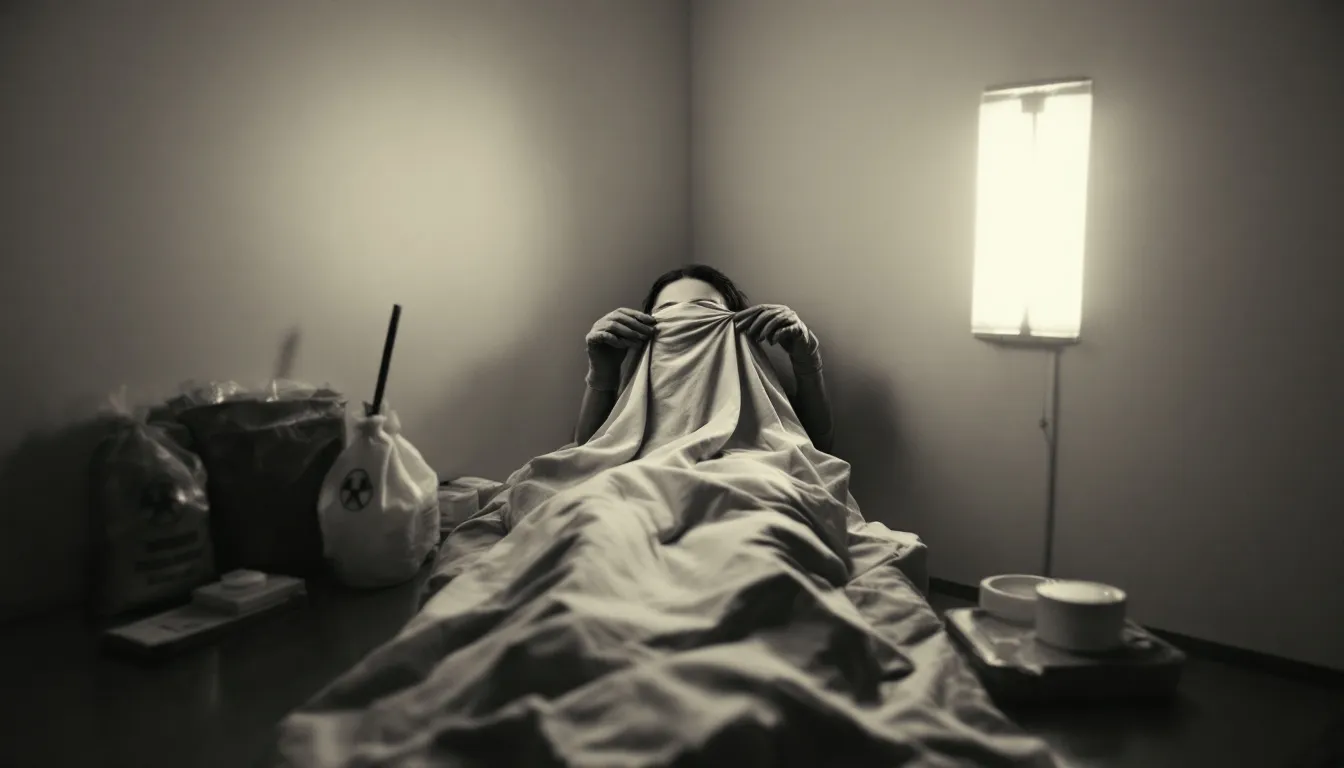
The average cost for cleaning up after an unattended death typically ranges from $2,000 to $7,000. The extent of the biohazard contamination can significantly affect the pricing of cleanup services.
Insurance often covers the costs of cleanup services after an accident, subject to the deductible outlined in the policy. Understanding the financial aspect can help families plan and manage this necessary service better with the support of an insurance company.
Common Mistakes to Avoid
Attempting to clean the scene yourself is risky, as it may not guarantee proper sanitation of hazardous materials and could lead to waste. Heirs should be involved in the estate cleanup process to reduce disputes regarding property owner distribution.
Delaying the clean-out process can lead to higher costs and a more difficult sale market. A strategy for dealing with conflicts during the clean-up process is to limit the number of people present at one time and wait to take breaks. This can help you make a better deal.
Summary
Summing up, professional deceased clean up is essential for ensuring safety, managing emotional stress, and handling legalities properly. Hiring professionals ensures that the area is thoroughly sanitized, and all biohazardous materials are safely handled. Emotional support from friends, family, and counselors can provide much-needed relief during this difficult time.
Remember, patience is key when dealing with sentimental items, and legal considerations should not be overlooked. By following these guidelines, you can navigate this challenging process with greater ease and ensure that your loved one’s memory is honored respectfully.
Frequently Asked Questions
Why is professional deceased clean up necessary?
Professional deceased cleanup is essential to safely handle biohazardous materials and ensure thorough sanitization, thereby preventing potential long-term health risks.
What should I do immediately after a loved one passes?
Immediately notify significant contacts and secure important documents, while allowing yourself the time to grieve. It's also essential to ensure the deceased's home is properly secured.
How do I choose the right clean up service?
To choose the right cleanup service, verify their certifications, seek recommendations, and confirm their experience in handling various types of cleanups. These steps will ensure you select a qualified and trustworthy service.
What are the costs involved in deceased clean up?
The costs for deceased clean up typically range from $2,000 to $7,000, heavily influenced by the level of biohazard contamination. It's worth noting that insurance may cover these expenses.
How can I manage sentimental items during the clean-up process?
Managing sentimental items can be effectively achieved by categorizing them into keep, throw away, sell, and donate. Involving trusted individuals and creating memory boxes can provide emotional support during the process.
Latest news
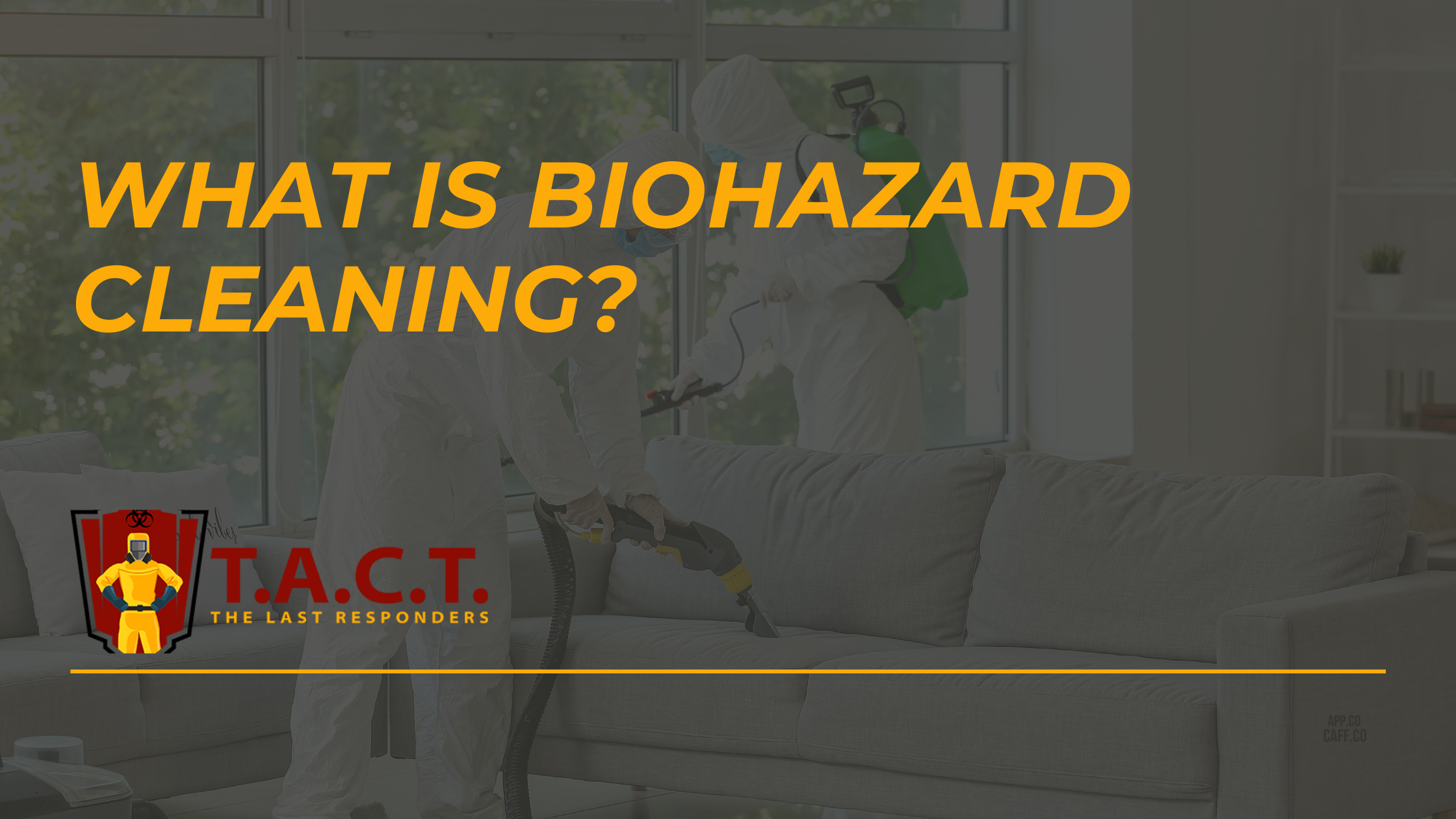
You've probably heard the term 'biohazard cleanup', but what is it exactly, and what are some scenarios that you might need it? Find out here...
Read More
